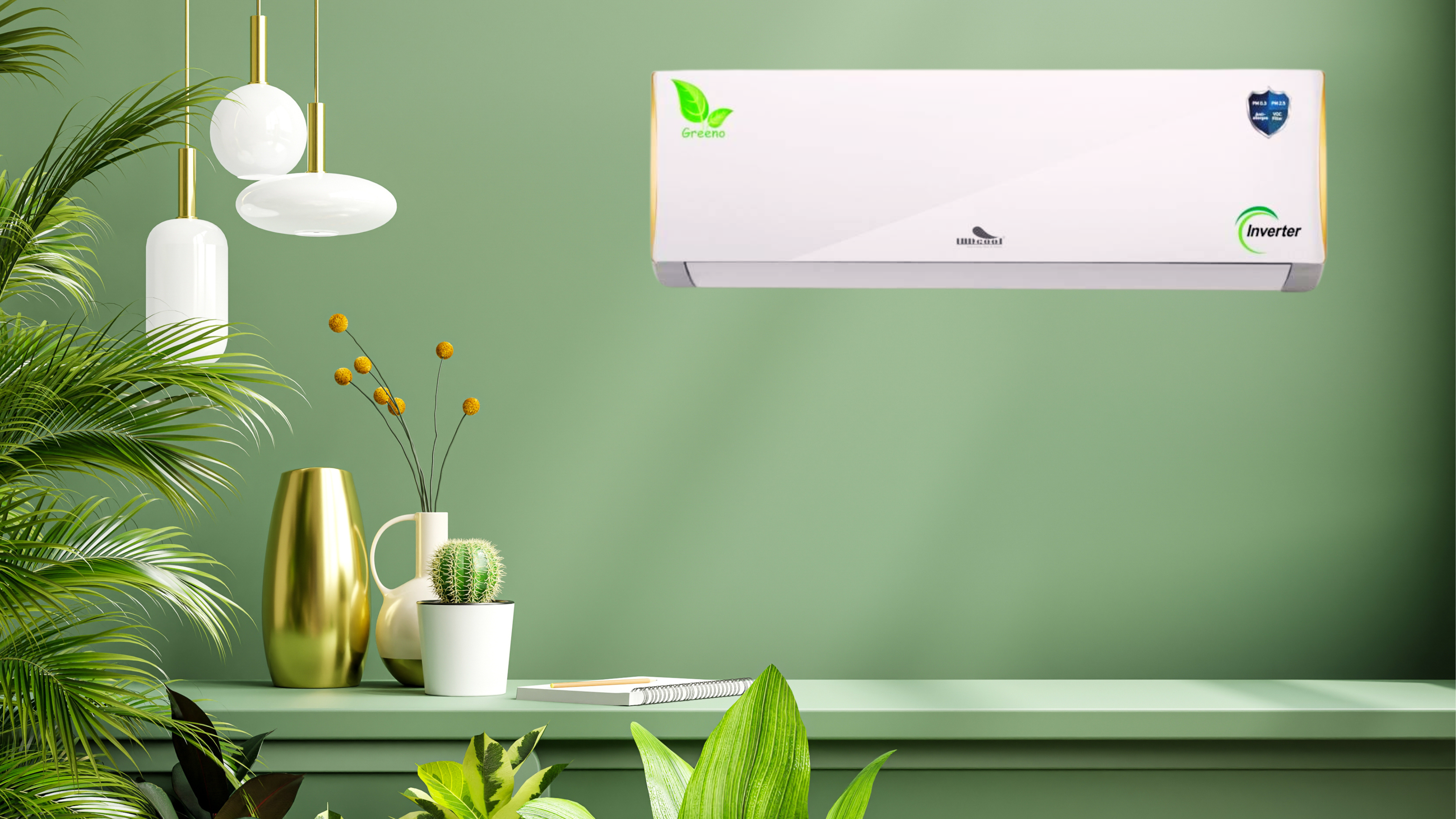
Air conditioners consume a massive amount of electricity. Moreover, the fluorocarbons used as refrigerants destroy the ozone layer and heat up the planet. The increased demand for air conditioners is anticipated to have a more negative impact on climate change, especially in emerging nations that are developing at an accelerated rate. Here is how air conditioning maintenance can help reduce global warming.
Can the Negative Effects of Using Air Conditioning be Mitigated?
Yes, the negative effects of using the air conditioners can be slowed down.
- Air conditioners utilize a lot of energy. By decarbonizing the amount of energy used, it is possible to reduce the negative effects.
- Secondly, building architecture needs to be changed to adapt to the surge in temperatures. For instance, a change of materials, insulation, and window protection such as blinds can be used.
The rise in energy demand might be reduced in half by reducing the energy consumption of air conditioning units, notably through the adoption of standards and required energy efficiency labeling.
What are Fluorinated Gases?
Global warming is a result of greenhouse gases that include fluorine, such as hydrofluorocarbons. They cannot decompose naturally. Instead, they hang about the atmosphere for many years.
These gases are still utilized as refrigerant gas, air conditioner gas, and in certain solvents and portable fire extinguishers despite being controlled. We must reduce the amount of fluorinated gases we release into the environment given the harmful consequences of these greenhouse gases.
Hence, ensure that your air conditioner is properly maintained.
Ways to Maintain the Air Conditioner Effectively
1. Supplant the Channels
Cleaning or supplanting your forced air system’s channels consistently is the most critical support errand you can perform to ensure its viability. Channels that are stopped up or messy limit wind current and decisively bring down a framework’s productivity.
Some channel types can be reused, while others should be changed. They come in various assortments and proficiency. We recommend supplanting or cleaning the channel like clockwork.
Assuming the forced air system is utilized now and again, is presented to dusty conditions, or on the other hand on the off chance that you have pets, channels might require normal consideration.
2. Examine the Window Seals
Confirm the seal is in contact with the metal packaging of the forced air system by taking a gander at it where it interfaces with the window outline. This seal might become harmed by dampness, empowering cold air from your home to get away.
3. Examine the Curl Balances
The evaporator and condenser loops’ aluminum blades are inclined to bowing, which can block the wind stream. These blades might be brushed back to their unique structure by utilizing a balance brush.
4. Look at the Curls
The evaporator and condenser loops of a forced air system collect soil over long periods of activity. The evaporator loop doesn’t get grimy as fast with a perfect channel. In any case, the evaporator curl will ultimately keep on social event dust.
The loop is protected by the dirt, which reduces the curl’s ability to retain heat. Check your evaporator curl yearly, and clean it whenever expected, to forestall this issue.
Open air condenser loops may likewise get very messy assuming that there is neighboring vegetation or on the other hand if the outside climate is dusty. Diminish how much soil and rubbish around the condenser, which might gather from the lawnmower, dryer vents, or falling leaves.
5. Employ an Expert
At times, forced air systems require something other than support and customary cleaning. All things considered, employing an expert from INDCOOL would be the most ideal choice. Our specialist will:
- Utilize a hole finder to check for refrigerant breaks.
- Analyze and fix any conduit spills in the focal frameworks.
- Assess the evaporator loop’s wind stream.
- Confirm the appropriate measure of refrigerant.
- Look at electrical terminals, fix associations, clean them, and add a non-conductive covering if essential.
- Actually, look at the indoor regulator’s exactness.



Leave a Reply